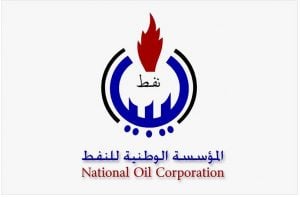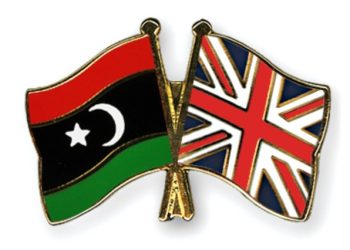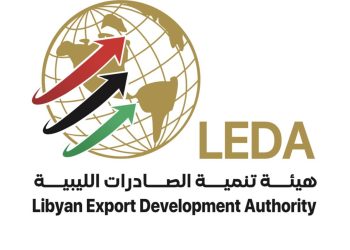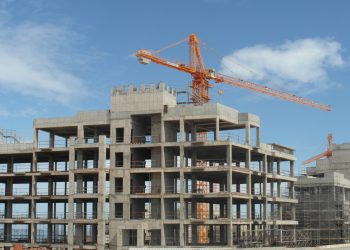By Sami Zaptia.

London, 26 April 2021:
Libya’s state National Oil Corporation (NOC) announced today that it has lifted the state of force majeure on its Hariga port which had halted all production and exports through that port. The NOC had cited the lack of liquidation of its budget by the Central Bank of Libya as the reason for imposing the force majeure on 19 April. The stoppage had reduced Libya’s daily production by 280,000 bpd.
The announcement of the lifting of the force majeure was made by NOC chairman Mustafa Sanalla during his emergency meeting this morning in Benghazi with Rifat Al-Abbar the newly announced Deputy Minister of Oil and Gas.
At the meeting, Sanalla commented, “I am pleased that this important meeting is held at the invitation of Mr. Rifat Al-Abbar, Deputy Minister of Oil and Gas. A leadership that creates a difference and adds a lot, and I do not hide it from you, as I touched it with seriousness, initiative and keenness to support the institution and maintain the continuity of production. I am more optimistic than ever that we are now moving in the right path’’.
Deputy Minister Al-Abbar commented, “I was honoured today to meet the Chairman and members of the Board of Directors of the National Oil Corporation and the heads of the Arab Gulf Oil Company and the Sirte Company for the Production and Processing of Oil and Gas, and we will work together in a team spirit. The Libyan citizen deserves a lot from us.”
In a related context, he said, “I must be frank with you, as the relationship between the Ministry of Oil and the National Oil Corporation has always been a relationship of quarrels, but at this critical stage in Libya’s contemporary history we have nothing but solidarity and complementarity, and as I and myself, I highly commend and value the efforts of the Chairman and members of the Board of Directors who worked In critical and harsh conditions, they have spared no effort in order to maintain the neutrality of this sector, and I will do my best to control all challenges, overcome difficulties and bottlenecks, and provide the necessary funding on time, adding, saying, “We have no way to waste more time.”
The NOC reported that Sanalla valued the quick response by the Prime Minister of the Government of National Unity by issuing Cabinet Resolution No. (49) allocating an amount of one billion dinars and considering it as part of the budget of the National Oil Corporation. It reported that companies have been instructed to pay off obligations, address technical problems and gradually restart production.
Al-Abbar added, “His Excellency the Prime Minister of the National Unity Government attaches importance to time, stressing the need for the institution to take all necessary measures to raise the status of force majeure.” He said, “I have received assurances from His Excellency that absolute importance is given to the national oil sector, stressing the need for unification and concerted efforts to preserve the regular income of the public treasury in hard currency and achieving the government’s goals for the year 2021, and it was agreed with the Chairman of the Board of Directors to immediately resume production’’.
The NOC reported that the meeting discussed at length the state of financial distress experienced by national oil companies, through a review of the accumulated obligations that have reached unprecedented levels, and which created a state of financial hardship with which it was impossible to continue operating all facilities, wells and surface facilities in a safe manner.
As a result, the meeting agreed on the following priorities:
First, the NOC undertakes to update a statement dealing with the accumulated obligations of all oil companies and scheduling them in preparation for the payment of their receivables within two months from the date of this statement, provided that priority is given to national oil companies.
Secondly, the NOC shall immediately announce the lifting of the status of force majeure at the port of Harika, and in parallel instructions are given to the operating companies to start production and exports.
Third, the NOC will assign a specialized company with a good reputation and a high credit rating to evaluate all facilities in the oil sector, including surface facilities, wells and reservoirs, in order to develop plans to preserve the integrity and maintenance of all Libyan state-owned assets, provided that this evaluation is done in the fast manner.
Finally, in view of all of the above, Sanalla and the Deputy Minister agreed to work together with the aim of achieving the sector’s objectives and raising the production capacity and placing the interest of this vital sector above all other considerations by continuing to adopt the same methodology in managing the sector, which is based on neutrality and adherence to the non-political technical role in the interest of all Libyans throughout the country.







